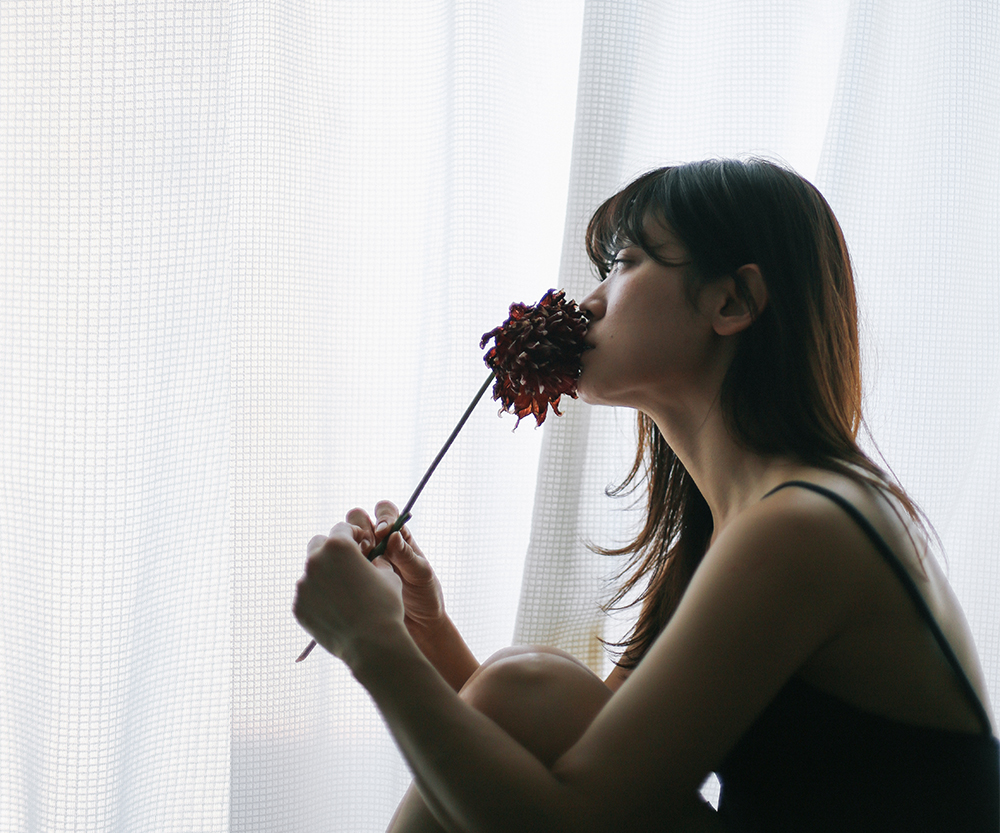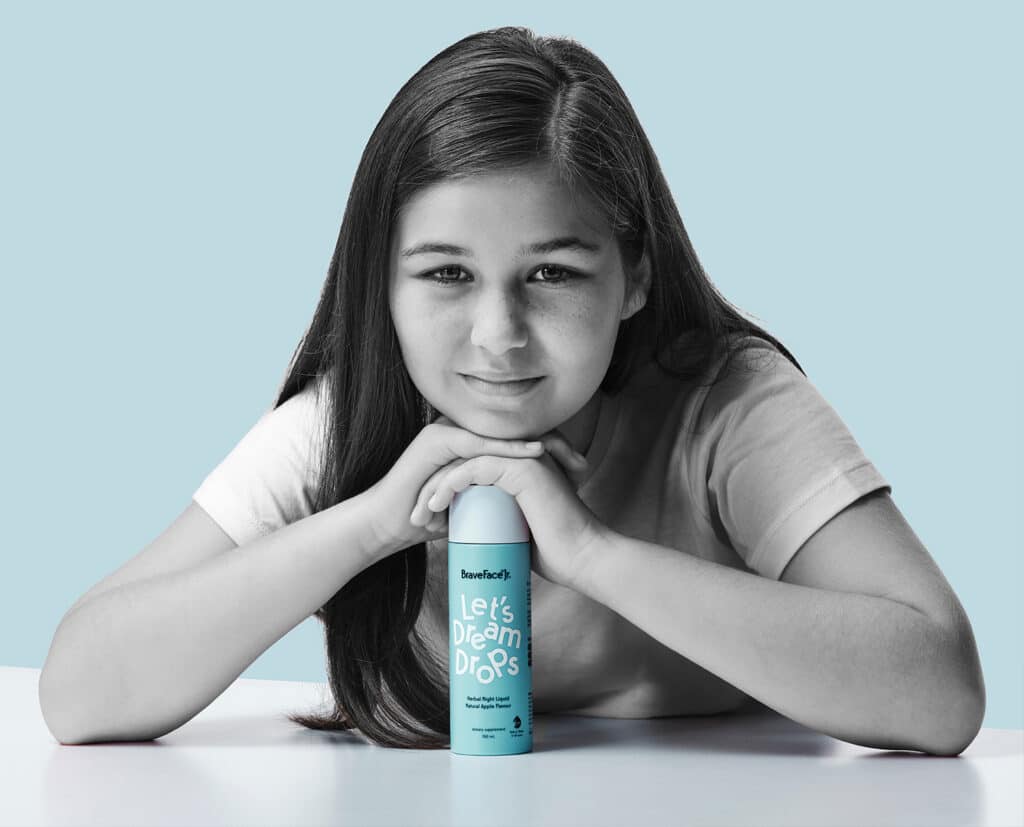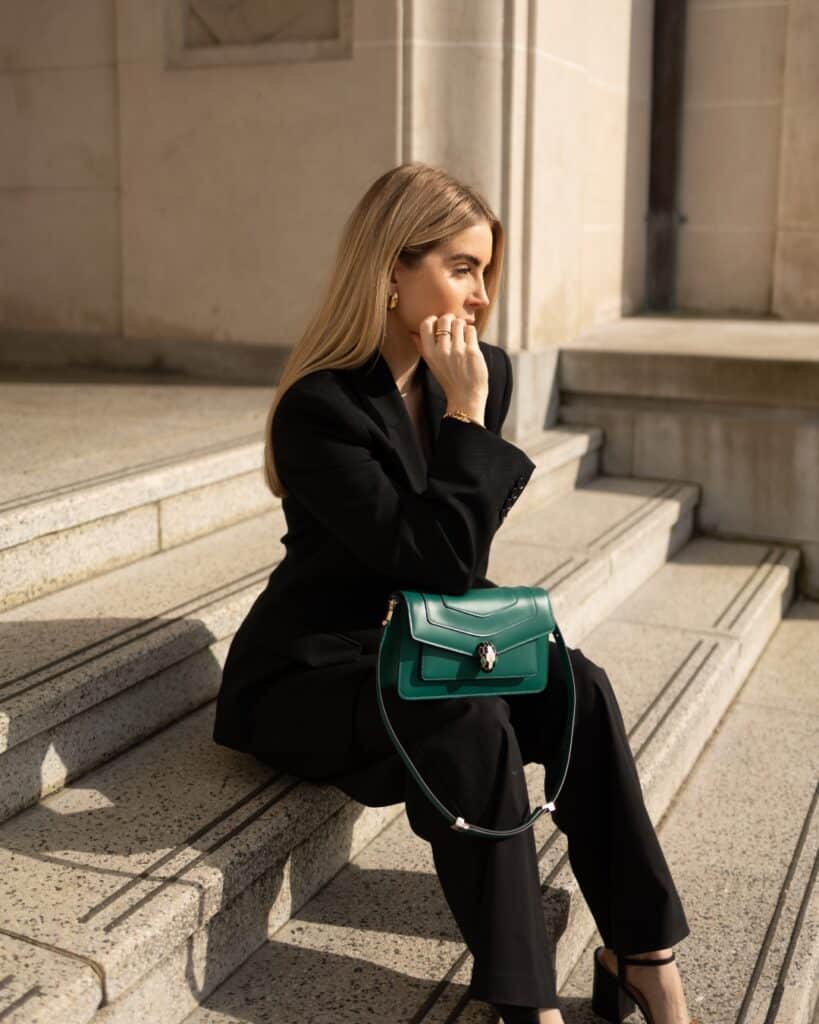It feels like anxiety is everywhere but it’s different for everyone.
Being afraid of your own shadow, feeling like a bundle of nerves, having butterflies in your stomach and having the jitters are just a few metaphors we have been living by, ones that generally describe a state of anxiety.
For a long time, mental health metaphors were one of the ways, perhaps even the only way, of describing problems like depression or anxiety. How many times have you heard depression described as the blues or feeling a bit low? In part, this is because words failed us and in part, it was because the correct terminology and condition it described carried with it a huge stigma.
Thankfully things are better now, perhaps better than they ever have been, but they could still be better. A lot has been done to open up a dialogue about mental health and stop people from suffering in silence.

But, what exactly is anxiety? This small seven letter, four-syllable word, is used to describe a whole range and sliding scale of experiences and emotions, both physically and psychologically felt. The National Health System define it as ‘a feeling of unease, such as worry or fear, that can be mild or severe’.
Anxiety is, in fact, a symptom of several conditions. These include panic disorder, phobias like agoraphobia and claustrophobia, post-traumatic stress disorder and social anxiety disorder. It is also a condition in its own right known as generalised anxiety disorder, sufferers feel anxious most days and often struggle to remember the last time they felt relaxed.
Generalised anxiety disorder can have both psychological and physical symptoms, which can be different from person to person such as feeling restless, worrying, having trouble concentrating, having trouble sleeping, experiencing dizziness or heart palpitations.
The meaning of it has shifted in recent years and its use in everyday language has increased. Up until relatively recently you were unlikely to be diagnosed with and offered to support for anxiety as a clinical condition, if you were diagnosed with anxiety, the odds are you wouldn’t speak openly about it.
These days it does feel as though we can’t escape it. Indeed, we find ourselves living in anxious times; one in five people suffer from some kind of anxiety disorder.
When we use the word to talk about the experience of being anxious it’s inevitable that we turn that experience into something recognisable.
If you say “I suffer from anxiety” someone will instantly know what you mean which is a good thing but, equally, in making anxiety more identifiable and expressible we turn the experience into something homogenous, something standardised, something uniform which it’s most definitely not.

For one person it may be a feeling of slow, deep and relentless undulating fear felt deep down inside them, for someone else it may be the sense that their brain is trying to break out of their skull and for another it may be like an itch which can never be scratched.
Anxiety can be deafening, it can be crushing and it can be debilitating. Anxiety is like walking around with an open wound that nobody else can see but which you can feel with every move you make.
It can be rooted in your past and it can be caused by your future. It can make you terrified to leave the house and it can make you want to stay out of it as much as possible. Equally, for some it can be managed with medication, others need to talk it inside out and some need both.
There is no doubt that it is a good thing that more and more people today are talking about their mental health or the fact that more people can recognise and report experiencing anxiety is a good thing. There is also no doubt that we still have a long way to go in terms of helping those who need help, support and medication for mental health problems. Just as different treatments work for different people, it is experienced differently by everyone.
We need to start using our words to express anxiousness and describe anxiety – to recognise that it’s a vast experience which affects people in different ways and find new ways to talk about that so people can continue to better understand and approach it.
The current language has limits and as is won’t do, because anxiety refuses to be contained by seven letters and four syllables.
This article originally appeared on Grazia UK.










